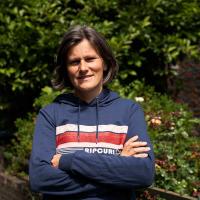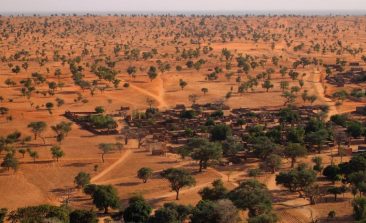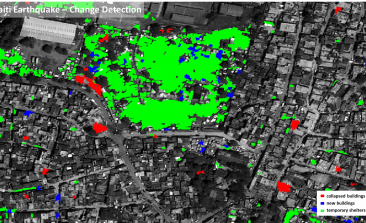
Monika Rech-Heider
Beruf
Journalistin, Bloggerin, Autorin
Über mich
Journalistin, Bloggerin, Autorin. Schreibt seit fast einem Virteljahrhundert über Geo-IT. Sie hat miterlebt, wie aus analog digital wurde. Und wie mit jedem neuen Entwicklungsschritt fantastische Möglichkeiten enstanden. Mehr Infos und Texte: rheintext.com
Warum RESET?
RESET verbindet das Beste aus den Welten: Das Digitale im Sinne des Menschen einzusetzen, sich der Potenziale gewahr zu werden und aufzuzeigen, zu welch Meisterleistungen Menschen fähig sind – grandios. Mehr davon! Und mehr darüber berichten. Auf dass das Gute wachse und Neues entstehe.




